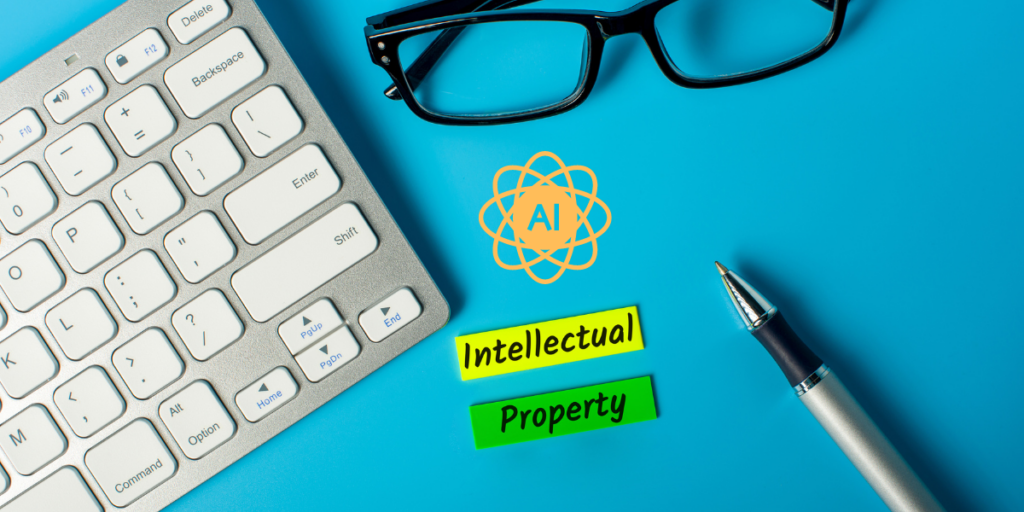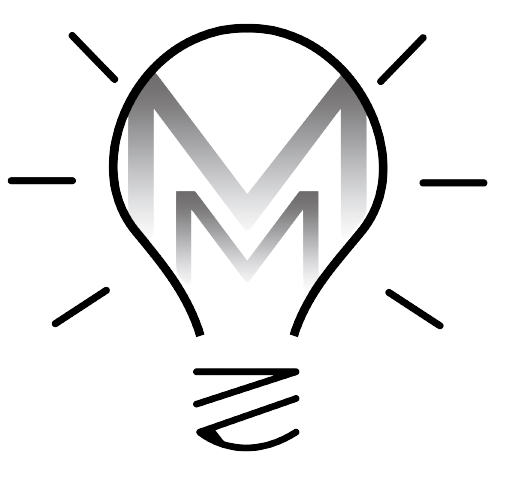
Artificial intelligence and AI intellectual property are bringing about change in many industries. Just think about all the way AI has changed healthcare, finance, transportation, and entertainment.
We’re looking at new innovations that could bring about cures and new methods of treatment in healthcare. Or consider the future of movies and shows with the possibility of AI-driven animation. So many more innovations are waiting to be developed and launched.
It’s an exciting time to innovate and develop new products and solutions. There’s just a tiny problem: how do you protect your innovations from being copied by competitors?
If your company is currently developing an AI innovation (or planning to do so in the future), you should know about the potential challenges. There are some unique difficulties as well as strategies that apply to both the technological and legal sides of patenting AI innovations.
The best way to avoid problems is to be informed in the first place. That’s why we’ll let you know about possible obstacles in patenting AI innovations – and how to overcome them effectively.
AI Intellectual Property: Why It’s Tricky
One of the reasons why patenting AI inventions and technologies is tricky is the difficulty in clearly defining and describing AI algorithms and processes.
Traditional inventions usually involve physical products or clearly defined processes. AI inventions, on the other hand, are often abstract and complex. This makes them difficult to describe clearly.
AI Algorithms
AI algorithms can be very intricate. They involve layers of machine learning models, neural networks, and data processing techniques. It can be hard to describe these in a way that meets patent requirements.
Abstract AI Processes
AI processes are often abstract. It’s hard to pinpoint what exactly should be patented. Is it the algorithm itself? Is it the way data is processed? Or maybe it’s the outcomes generated by the AI? This confusion and ambiguity can make it more difficult to draft an AI patent application that adequately protects AI processes.
Patentability Criteria
To be patentable, there are some requirements that need to be fulfilled: The invention must be novel, non-obvious, and useful. Demonstrating that an AI innovation is novel and non-obvious can be tough when similar algorithms or methods are already in use.
The Gray Areas of AI Patent Law
There are still many gray areas when it comes to legal and ethical considerations around AI and patents. This can further complicate the process of patenting AI inventions.
One of the legal gray areas is that the laws around AI patents are still evolving. Current patent laws were primarily designed with traditional inventions in mind. This means they often fall short when applied to AI.
For example, the requirement that an invention be non-obvious can be harder to interpret in the context of AI. As we already mentioned, improvements in AI software can be incremental and based on existing models.
The question here is where the line is drawn: where does an invention become truly novel and patentable?
The growing ethical concerns about AI – particularly regarding bias, transparency, and accountability – also influence whether an AI innovation is considered patentable. These ethical issues can also impact patent eligibility.
For example, if an AI algorithm is found to produce biased outcomes, this could affect its patentability. It could lead to problems during the application process.
Then there is the legal and ethical challenge of determining who or what the “inventor” is when an AI system contributes to an invention. Can an AI system be listed as a co-inventor, or does the credit solely go to the humans who created or trained it? This question is still being debated in courts and patent offices around the world.
What We Can Learn from Recent AI Patent Law Examples
These are not just hypothetical questions. There have been real-world cases of AI patent applications (both successful and unsuccessful), from which we can learn valuable lessons.
Let’s start with a successful AI patent example: Google’s PageRank algorithm fundamentally changed how search engines operate. The novel aspects of the algorithm were clearly described, and this, along with its transformative impact on the industry, helped secure the patent.
On the flip side, there are also many unsuccessful AI patent stories. Many AI patent applications have been rejected due to their abstract nature. For example, an AI application that merely applies a known algorithm to a new type of data may be deemed obvious and thus unpatentable.
In recent years, there have been several AI patent disputes. Many of them have centered around the issue of inventorship. One case involved an AI system named DABUS, which generated new ideas that its creators wanted to patent. However, patent offices in multiple countries rejected the applications. They ruled that only humans could be listed as inventors.
How to Overcome AI Patenting Challenges
Despite all of these challenges and gray areas, there are some strategies you can use to increase the chances of successfully patenting AI inventions:
- Draft a Strong AI Patent Application: When you’re drafting an AI patent application, you need to be as detailed and specific as possible. Clearly define the algorithm, the data it uses, and the results it produces. Describe what makes your innovation novel and non-obvious compared to existing technologies.
- Focus on the Technical Implementation: Emphasize the technical aspects of how your AI innovation is implemented, rather than just the outcomes it produces. For example, if your AI involves a new way of processing data or a unique algorithmic approach, make sure this is clearly explained in your application.
- Work with Specialized Patent Attorneys: AI patenting is a complex field. It requires expertise in both technology and intellectual property law. Working with a patent attorney who specializes in AI can make a big difference. They can help you understand the legal requirements, draft a strong patent application, and circumvent issues.
- Stay Informed About Legal Developments: The laws around AI patenting are still evolving. Stay informed about the latest legal developments and court rulings so you can adjust your patent strategy accordingly.
Patenting AI Inventions — A Challenge Worth Taking
Patenting AI intellectual property is no easy task, as you can see. However, if you have come up with a product or service that you deem to be novel, non-obvious, and useful, then you should pursue patenting your innovation. Protecting the value of your work is worth it!
In many cases, it is better to seek the advice and assistance of an experienced invention patent attorney who can help you overcome any technical, legal, and ethical obstacles.
If you’re working on an AI innovation and need help patenting it, The Law Office of Mario T Milano is here to assist. Give us a call or send us a message, and let us know how we can help you protect your AI intellectual property.

